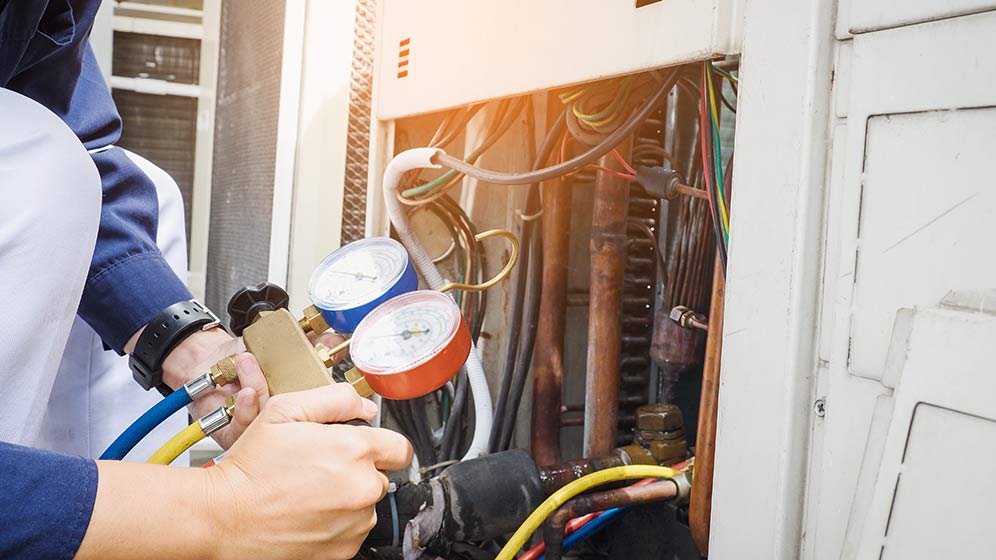Philadelphia HVAC Company
The field of heating and cooling is filled with technical terms and industry jargon, which can be intimidating for most homeowners – and can make it difficult to understand what’s going on with your home’s HVAC system. That’s why we’re here to break down the basics of HVAC lingo and define common terms you might hear your HVAC contractor mention during your service appointment.
What Does ‘HVAC’ Stand For?
HVAC stands for Heating, Ventilation, and Air Conditioning. It’s a comprehensive term that includes all the systems used in homes and businesses to regulate the internal climate and keep occupants comfortable and healthy.
Essential HVAC Terms You Should Know
1. BTU:
British Thermal Units measure the amount of heat needed to raise the temperature of one pound of water by one degree Fahrenheit. In the HVAC world, BTU measures the heating or cooling capacity of a unit—the higher the BTU, the more powerful the system.
2. SEER:
The Seasonal Energy Efficiency Ratio (SEER) indicates the energy efficiency of air conditioning units. The higher the SEER rating, the more energy-efficient the unit.
3. Condenser Coil:
The condenser coil releases the heat collected from your home to the outside. It’s an essential component of your HVAC system, and maintaining it in good condition can increase the efficiency of your unit.
4. Air Handler:
The air handler is the indoor part of your HVAC system that circulates conditioned air throughout your home. It typically houses the fan and the heating or cooling elements.
Types of HVAC Systems
It’s also important to understand the different types of HVAC systems. Here are the most common ones:
1. Split Systems:
As the name suggests, these have components both inside and outside your home. This is the most common type of HVAC system.
2. Packaged Systems:
These systems have all the components housed in one unit outside the home. They’re typically used in areas with limited indoor space.
3. Ductless Systems:
Ideal for homes without ductwork, these systems use a heat pump or air conditioner to cool the air and a fan coil to circulate it.
4. Heat Pumps:
These versatile systems can both heat and cool a space, making them a popular choice for homes in milder climates.
Get to Know Your HVAC System
Understanding these essential HVAC terms will help you get to know your HVAC system and its operation better. But remember, while knowing the basics is beneficial, entrusting your HVAC service needs to a professional is still the best way to ensure system efficiency and longevity.
Contact Our Philadelphia HVAC Company Today!
At Cold 1 Services, we are always ready to explain the details of your HVAC system and answer any questions you might have. Your comfort and satisfaction are always our top priorities – contact our Philadelphia HVAC company today to schedule your service!


0 Comments